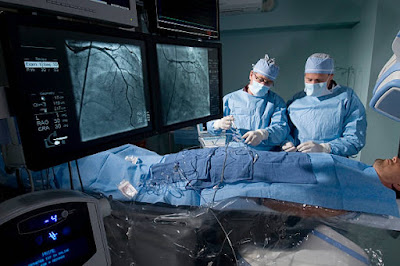CONTACT THE BEST VASCULAR SPECIALIST IN DAYTON FOR CARDIOVASCULAR ISSUES

Vascular disease at all ages is an emerging concern nowadays. The major reason for growing vascular disease is an undisciplined and unhealthy lifestyle that not only upraises the chances of heart attack or stroke but also creates life-threatening conditions. However, taking care of your vascular system does not need any age limit, but as early you start to take care of it the longer you can acquire the benefits. A vascular specialist can guide you in this matter to enjoy a stress-free and healthy life. Vascular specialists are experienced and highly trained medical practitioner who treats problems and diseases with the vascular system. The vascular system refers to the network of veins and arteries that transfer blood through the entire body. Vascular disease refers to any condition that harms the system of blood vessels or the circulatory system of the body. If you are facing any problems relating to your vascular system then contact the best Vascular Specialist Dayton ....





